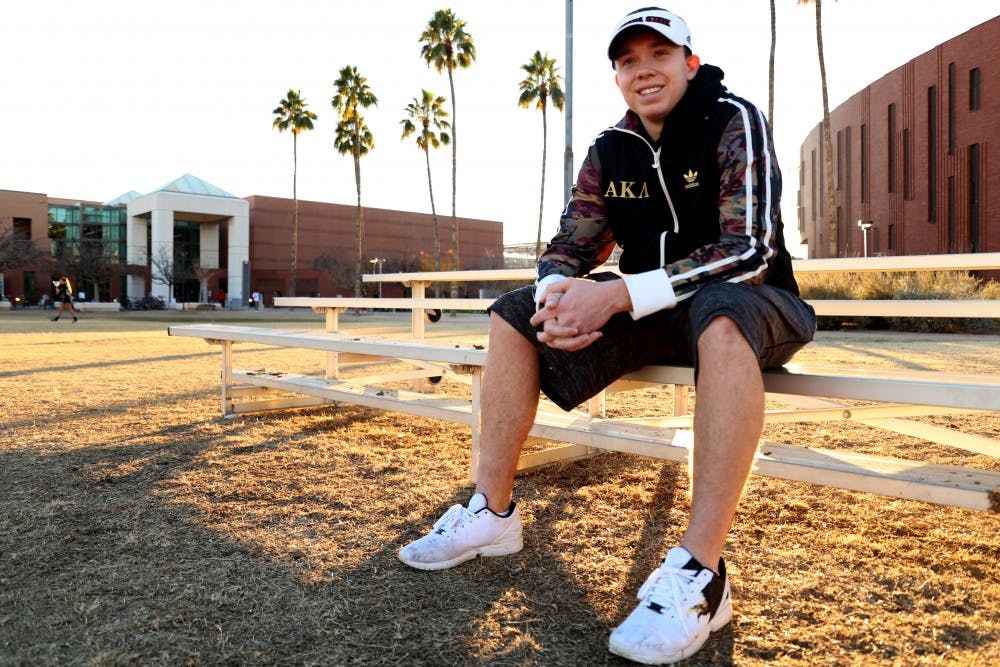ASU’s peer-to-peer outreach program for sexual assault survivors, the Sun Devil Support Network, seeks to connect with people of all backgrounds as it expands in its second semester on campus.
After launching in the spring of 2015, the program has trained students to be available to survivors of sexual violence as a way to disclose their situations and learn more about options available to them.
“It really was a collaborative initiative that started with a group of administrative staff and students that decided together that this would be a wonderful way for the ASU community to work together to support survivors,” Kimberly Frick, educational outreach and student services program manager, said.
SDSN advisers, sophomores Evan Dudley and Maia Davis both said a major part of the program’s success is the ability for survivors to interact on a peer level. Dudley said a peer is often a more approachable option for them.
“Sexual violence is something that is hard to talk about,” Davis said.
Dudley and Davis were brought into the program through the attention of their Greek organizations.
“It sounded like something I would be interested in, and I thought it would be good for (my) chapter,” Davis said.
Dudley said the network was especially important to his chapter, Alpha Kappa Lambda, as one of their national philanthropies, These Hands Don’t Hurt, helps raise money for women and children who are affected by domestic and sexual violence.
“I knew it was a serious problem at this campus,” Dudley said.
SDSN offered a training session though Fraternity and Sorority Outreach and is looking to Barrett, the Honors College and cultural coalitions next to ensure that the program has a diverse network of advisers from many backgrounds and interest groups.
“We have had a lot of student leaders from various different backgrounds that have said they’re interested in being involved, so we recently had … a SDSN just for the Undergraduate Student Government at the downtown campus,” Frick said. “All of the staff members, which is about 25 students, went through it.”
During training, students learn about trauma, how a victim might feel and act, the reporting process and options available to sexual assault survivors. ASU’s counseling department also facilitates a session on how to be an active listener.
Davis said the training helped her become a better communicator with the people in her life.
The training also included mock scenarios that Dudley said were very effective. Dudley and another student who had also gone through SDSN training once intervened to ensure the safety of another student at a Halloween party.
Davis said one thing that surprised her was that there were so many fraternity members at the training session she went to. She explained that she thinks men have to be a part of the solution to end the problem of sexual violence on college campuses
“If men don’t get involved, it won’t change,” Davis said.
Eventually, Frick said the network wants to have 1,000 trained advisers in the ASU community. SDSN has a graduate student management intern and looks to increase the frequency of training.
Frick said in the field of sexual violence prevention and response, more universities across the country are beginning to recognize the value that peer response systems have.
“We can be more help than I thought,” Dudley said.
Due to a reporting error, a previous version of this article incorrectly stated how the training applied to one student. This version has been updated with the correct information.
Reach the reporter at lmarsha6@asu.edu or follow @lmarsh2014 on Twitter.
Like The State Press on Facebook and follow @statepress on Twitter.




